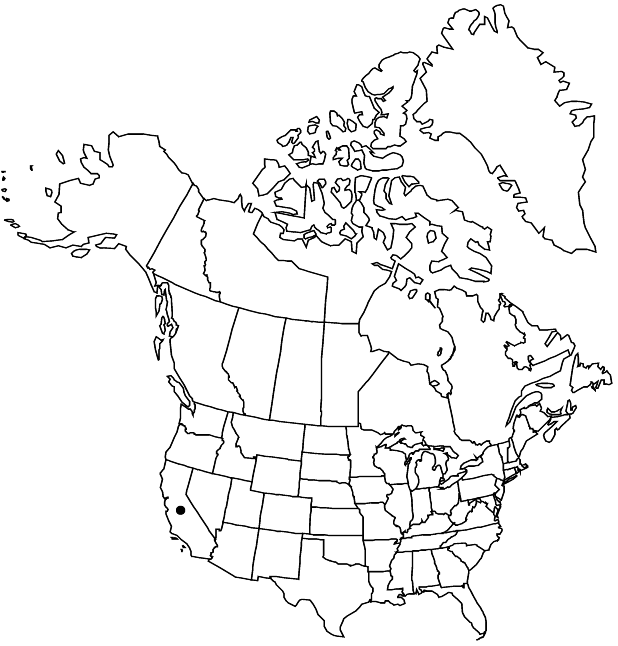familyEricaceae
subfamilyEricaceae subfam. Arbutoideae
genusArctostaphylos
speciesArctostaphylos glandulosa
Arctostaphylos glandulosa subsp. crassifolia
Madroño 19: 205. 1968,.
Conservation concern
Basionym: Arctostaphylos glandulosa var. crassifolia Jepson Madroño 1: 86. 1922
Synonyms: Arctostaphylos tomentosa var. crassifolia (Jepson) Jepson
Revision as of 22:46, 5 November 2020 by imported>Volume Importer
Twigs sparsely short-hairy, not glandular-hairy. Leaf blades dark green, margins often reddish, base cuneate to rounded, surfaces smooth, glabrous. Inflorescences: immature inflorescence axis densely white-hairy; bracts densely white-hairy. Pedicels densely white-hairy. Ovaries densely white-hairy. Fruits markedly flattened depressed-globose. Stones usually distinct.
Phenology: Flowering winter–early spring.
Habitat: Maritime chaparral and closed-cone conifer forests on sandstone coastal bluffs
Elevation: 10-100 m
Distribution

Calif., Mexico (Baja California).
Discussion
Of conservation concern.
Subspecies crassifolia is found near San Diego and southward in northern Baja California. It is in the Center for Plant Conservation’s National Collection of Endangered Plants.
Selected References
None.
Lower Taxa
None.